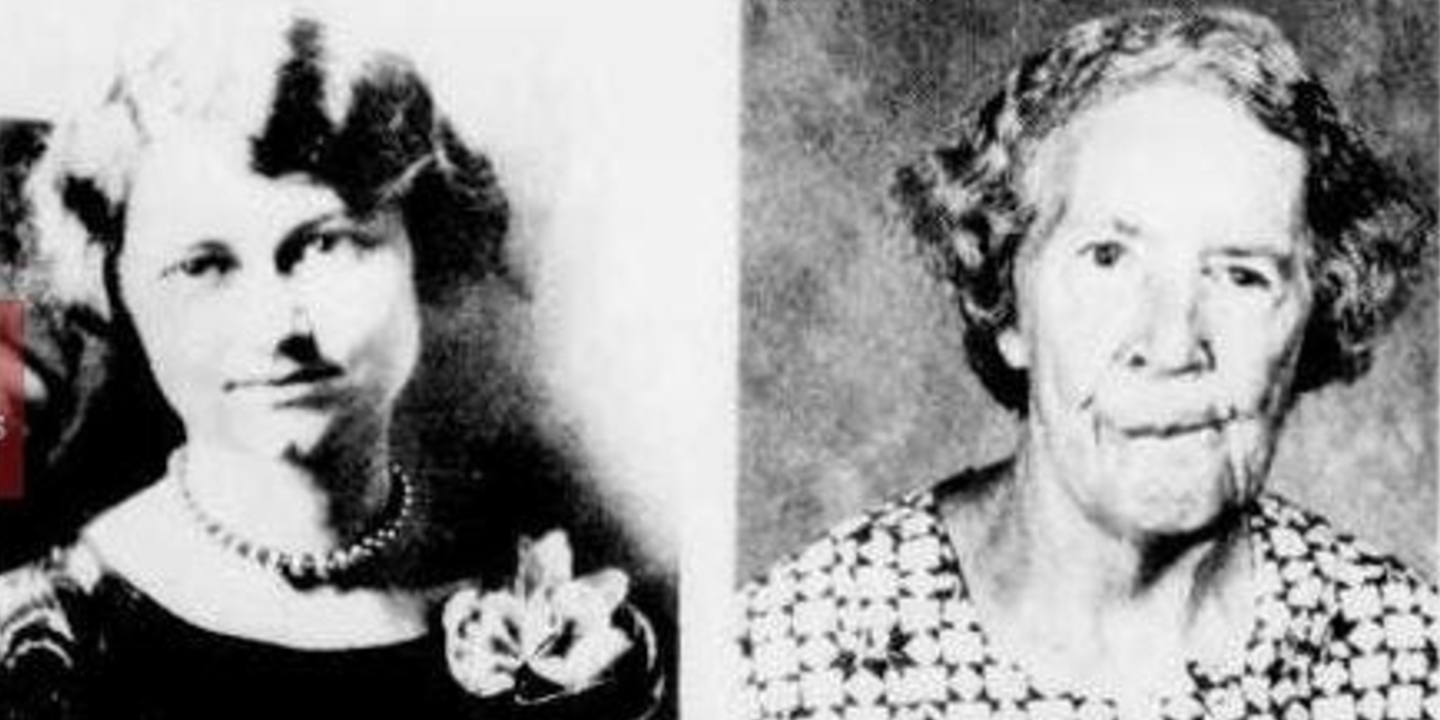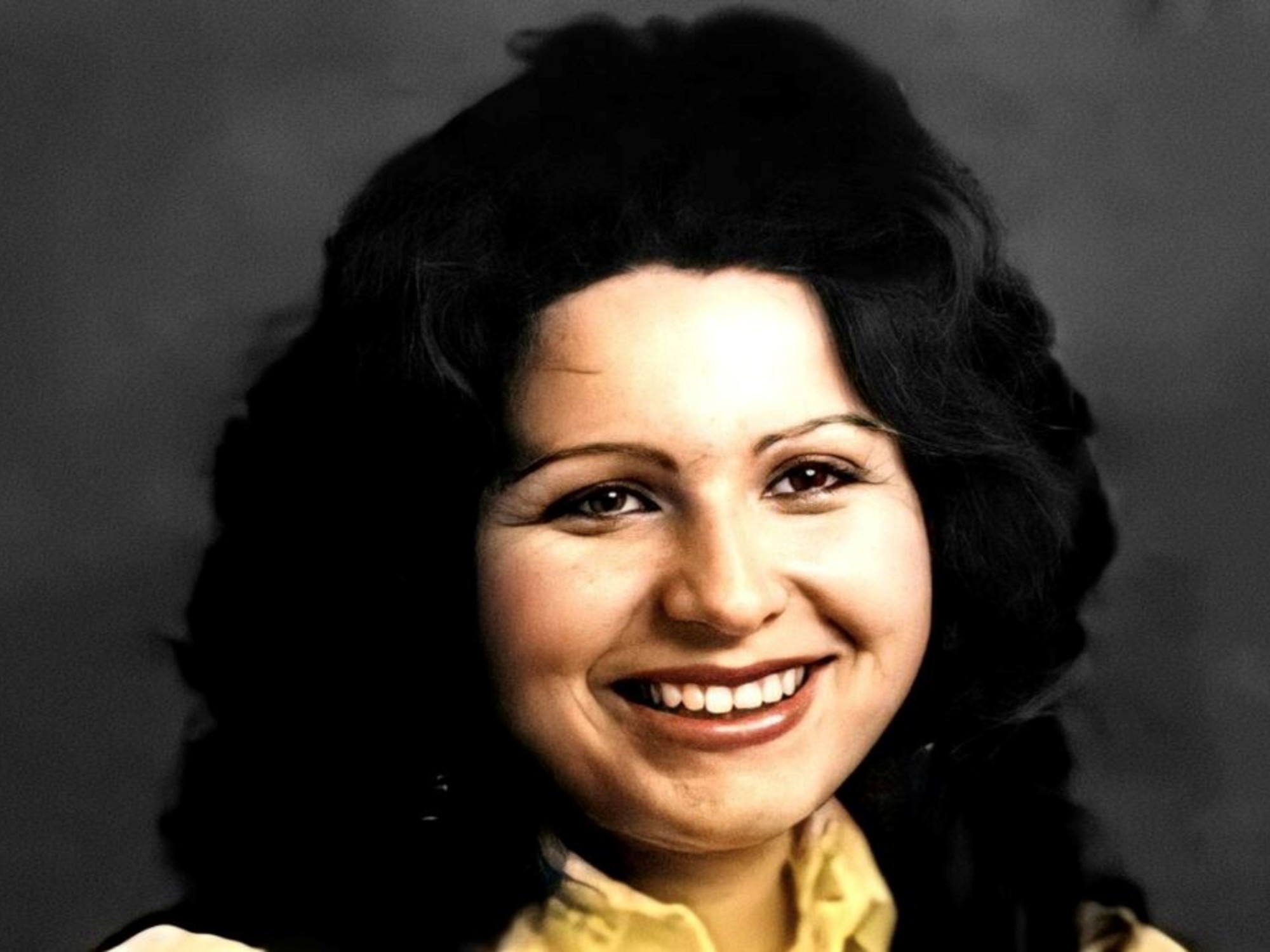Brilliance Comes With Odd Rituals
The past is full of amazing discoveries, brilliant brains, but also a lot of hidden peculiarities. History often highlights the big battles and ideas, but skips the smaller moments that made key players human. The things a genius did besides experimenting, or how a monarch spent their free hours, reveal more than what meets the eye. Let's step beyond the headlines today and meet 20 historical figures with supposed unusual habits most people could never imagine.
 Ferdinand Schmutzer on Wikimedia
Ferdinand Schmutzer on Wikimedia
1. Nikola Tesla
In the quiet corners of his New York hotel room, Tesla formed emotional ties with pigeons. One, in particular, he claimed was the love of his life. He barely slept, relying on a strict two-hour polyphasic routine to extend his working hours.
2. Winston Churchill
Leadership during wartime didn’t stop Churchill from sticking to his rituals. He’d often emerge from the bath and dictate speeches completely without clothing. He kept his writing schedule like clockwork, even during bombings. To him, the routine was a battlefield strategy.
 BiblioArchives / LibraryArchives from Canada on Wikimedia
BiblioArchives / LibraryArchives from Canada on Wikimedia
3. Ludwig Van Beethoven
Sixty is how many coffee beans Beethoven counted out before brewing each cup. The man behind stirring symphonies relied on strict rules to keep chaos at bay. His long walks helped bring musical ideas, but it was the tiny rituals that gave him rhythm in life.
 Joseph Karl Stieler on Wikimedia
Joseph Karl Stieler on Wikimedia
4. Jean-Jacques Rousseau
Strangely open about his inner world, Rousseau confessed in his writings to a lifelong enjoyment of being spanked. Doesn't quite seem like something you'd want to express publicly, but that certainly didn't hold back this historical philosopher.
 Jean-Antoine Houdon on Wikimedia
Jean-Antoine Houdon on Wikimedia
5. Charles Dickens
Dickens believed sleeping with his bed facing north aligned his body. But that wasn't his only compulsion. He’d touch objects repeatedly for luck and roamed morgues studying corpses to craft hauntingly real characters. The creative spark was wrapped in superstition and shadow.
6. Pythagoras
To Pythagoras, numbers were sacred, and beans were forbidden. His followers adopted many of his peculiar beliefs, including the legume taboo. The reason remains a mystery, yet it’s said he once let himself be killed rather than run through a bean field.
7. Honoré De Balzac
Balzac’s veins practically ran on caffeine. Pouring cup after cup—up to 50 daily—he believed it unlocked genius. Coffee sent “sparks” through his brain, he wrote. The extreme intake fueled his novels, but his body paid a price few could physically endure.
 Louis-Auguste Bisson on Wikimedia
Louis-Auguste Bisson on Wikimedia
8. Immanuel Kant
This German philosopher lived by a clockwork routine so precise that neighbors set their watches by his afternoon walk. He followed the same schedule daily for decades—writing, eating, walking—rarely deviating. For Kant, predictability wasn’t dull but a philosophical commitment to order over chaos.
 Johann Gottlieb Becker (1720-1782) on Wikimedia
Johann Gottlieb Becker (1720-1782) on Wikimedia
9. Napoleon Bonaparte
France’s military mastermind kept strange hours—sleeping little and working through the night. He often napped fully dressed and woke ready for orders. Another quirk: he feared cats. Despite commanding armies, he couldn’t stand their presence. Strategy came easy, but felines unnerved him completely.
 Marie-Guillemine Benoist on Wikimedia
Marie-Guillemine Benoist on Wikimedia
10. Howard Hughes
The aviation tycoon became obsessed with cleanliness, refusing to touch objects without tissues and isolating himself in dark rooms for months. He stored his own urine in jars and trimmed his nails obsessively. Those habits turned his brilliance into a prison of compulsions.
 AnonymousUnknown author on Wikimedia
AnonymousUnknown author on Wikimedia
11. Lord Byron
Cambridge banned pet dogs, so Byron brought a bear. Not just for show, he walked it like a loyal companion. He later even traveled with monkeys and a fox. Byron’s love for animals was extravagant, poetic, and defiantly nonconformist.
12. Catherine The Great
Russia’s empress never compromised on cleanliness. Even while traveling, she carried a custom-made golden toilet and personalized hygiene tools. Her ritualized grooming and strict routines reflected imperial control over every detail. Cleanliness became a royal habit that followed her across continents.
 After Alexander Roslin on Wikimedia
After Alexander Roslin on Wikimedia
13. King Ludwig II
Ludwig built a world of fantasy to live in. He constructed artificial ruins and dreamlike castles and often rode alone through the night in a sleigh under moonlight. Conversations were often with long-dead medieval kings in his imagined court, where reality bent to beauty and loneliness.
14. Salvador Dalí
Dalí turned daily life into theater. Before speaking, he’d ring a bell to announce himself—a habit as calculated as his mustache. He walked pet anteaters through Paris, calling it performance art. For Dalí, the bizarre wasn’t occasional—it was a ritual he curated obsessively.
 Van Vechten, Carl, 1880-1964. on Wikimedia
Van Vechten, Carl, 1880-1964. on Wikimedia
15. Tsar Peter The Great
To force Russia into modernity, Peter used shock and spectacle. He collected human oddities and insisted nobles watch autopsies to toughen them. He also staged fake executions as pranks. For Peter, transformation required both terror and twisted humor, all in the name of progress.
 Attributed to Jean-Marc Nattier on Wikimedia
Attributed to Jean-Marc Nattier on Wikimedia
16. Grigori Rasputin
Rasputin rarely bathed, believing filth brought him closer to holiness. The mystic claimed sin was necessary for salvation, so he indulged in extremes—fasting, feasting, and womanizing in cycles. His followers called him divine, but his neglect of hygiene became a habit no one forgot.
17. Benjamin Franklin
Franklin began each day with an “air bath”—standing unclothed by an open window for extended periods. He believed fresh air prevented illness and improved clarity. The ritual became part of his daily routine, blending Enlightenment curiosity with bodily conviction.
18. Alfred Hitchcock
Eggs horrified him, especially the sight of a broken yolk. Hitchcock called them “repulsive” and never let one touch his lips. Though he made a living by terrifying his audiences, he refused to watch his own films. His fears lived quietly in his carefully guarded routines.
19. Sigmund Freud
Freud smoked up to 20 cigars a day, calling them essential to his thinking process. He rarely went without one, even during patient sessions. This daily ritual fed his intellect and, eventually, his cancer. For Freud, the habit was both comfort and compulsion.
 Paul De La Roussert on Wikimedia
Paul De La Roussert on Wikimedia
20. Isaac Newton
Newton’s curiosity didn’t stop at theory—he turned it inward. Self-experimentation became his strangest habit. He once stared at the sun for so long that it damaged his vision, and he even slid needles behind his eye to study optics. He also forgot to eat for days.
KEEP ON READING

The 10 Youngest Monarchs In History & The 10 Oldest
Age Is Just A Number. Imagine being crowned king or…
By Chase Wexler Mar 11, 2025
Written By The Victors: 20 Names History Books Tried To…
History’s Forgotten Figures. It is said that history is written…
By Farva Ivkovic Jun 23, 2025
Writing On The Wall: 20 Fascinating Hieroglyphics Throughout History
A Language Carved To Last. Hieroglyphics are unique, ancient writings.…
By Chase Wexler May 29, 2025
Women At War: 20 Fierce, Fearless, & Famous Female Fighters
How Many Of These Women Warriors Do You Know?. History…
By Emilie Richardson-Dupuis Aug 14, 2025
The Woman Without A Name
Mary Doefour was the woman without a name. In 1978,…
By Robbie Woods Dec 3, 2024
The Woman With Toxic Blood
One night in 1994, Gloria Ramirez reported to the ER.…
By Robbie Woods Jan 6, 2025









